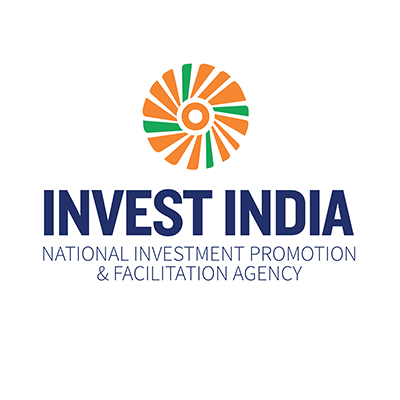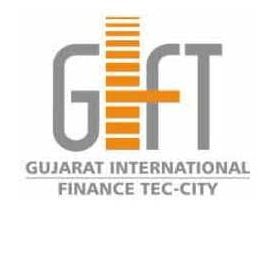States may impose stringent lockdowns to control the spread of virus
ICRA Vice President and Group Head – Structured Finance Ratings Abishek Dafria has warned that India faces resurgence of Covid infections and some states have already started imposing restrictions though of a milder nature so far.
“Lockdowns not only impact the collection ability of lenders as staff members fall ill, but also the income generating ability of the borrowers for a temporary period. In the event that the severity of the Covid infections grows and results in higher hospitalisation rates, the State Governments may impose stringent lockdowns to control the spread of the virus,” he said in a release on 11 Jan 2022.
Securitisation volumes could thus be affected in Q4 FY2022 because the NBFCs and HFCs may curtail disbursements, especially to Covid impacted sectors, and investors would prefer to wait for the threat to subside.
“Higher proportion of securitisation transactions are usually placed in March and thus we hope the spread of virus would be contained sooner. Nonetheless, lower disbursements would also impact the growth of the securitisation market in FY2023, which is still at 50% of the volumes seen in the pre-Covid period.”
Traditionally, securitisation through Direct Assignment (DA) transactions (bilateral assignment of pool of retail loans from one entity to another) has accounted for about two-thirds of total volumes. The balance one-thirds share is accounted by Pass Through Certificate (PTC) transactions (loans are sold to an SPV which issues PTCs).
Due to the concerns around the Covid-related disruptions, preference for PTCs has increased (~45% share in Q3 volumes) since the credit enhancements in such structures would be able to absorb higher-than-expected losses than may arise in the transaction. Also, preference for secured asset class has continued with mortgage-backed loans and gold loans accounting for ~42% and ~10% respectively out of total securitisation done in Q3 FY2022.
ICRA Assistant Vice President and Sector Head Sachin Joglekar added, “Investor preference tends to shift towards PTCs during uncertain times as PTCs offer credit enhancement unlike DAs.
“The split between PTC and DA has alternated this year with share of PTCs increasing in Q1 FY2022 at time of the second wave of the pandemic, and again in Q3 FY2022 which saw the rising share of Omicron cases towards end of the quarter.”
Another visible trend is preference of investors towards secured asset classes like mortgage loans and gold loans whereas aversion to unsecured asset classes like microfinance and small business loans as the performance of the former have been better during the post-Covid period, he said.
“For ICRA-rated PTC transactions, the credit enhancements are seen to be adequate to cover the shortfalls that may occur temporarily due to lockdowns. However, any prolonged periods of lockdown would be a credit negative,” said Joglekar.
Securitisation volumes, originated largely by non-banking financial companies (NBFC)s and housing finance companies (HFCs), are likely to be negatively impacted for FY2022, following the surge in fresh Covid infections and likely threat of localised lockdowns, said ICRA.
Accordingly, ICRA expects the full year volumes to be around Rs.1.0 ~ Rs.1.1 lakh crore, marginally lower than its earlier estimates of about Rs 1.2 lakh crore.
Nonetheless, for the year securitisation volumes would still be higher by about 15% to 20% over the volumes of Rs.87,000 crore reported in FY2021.
For 9M FY2022, securitisation volumes stood at close to Rs.71,800 crore compared to ~Rs.47,100 crores in 9M FY2021.
The volumes in Q3 FY2022 itself were about Rs.29,000 crore i.e. 13% Q-o-Q growth and 19% Y-o-Y growth and were marginally impacted by the threat of the spreading Omicron variant towards end of the quarter, said ICRA. fiinews.com










